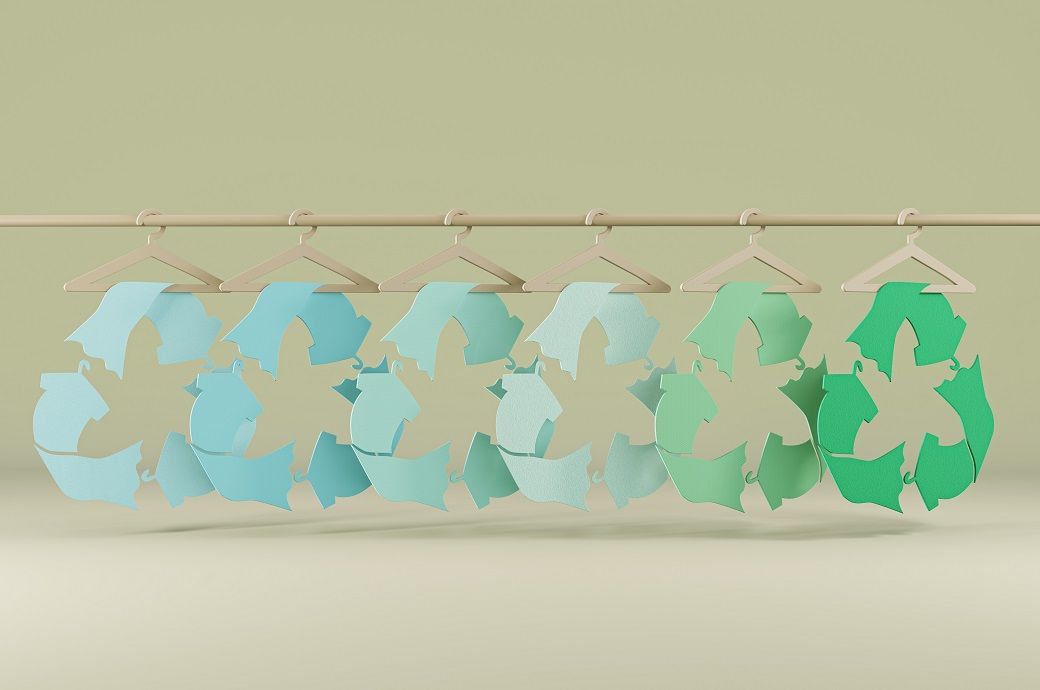
This shift has led to the hiring of sustainability experts, bioengineers, and other professionals to develop in-house knowledge and establish new material supply chains, even before these innovations are fully market-ready. By proactively investing in these areas, companies aim to stay ahead of the curve and meet the growing consumer demand for sustainable and innovative products. This strategic approach allows the textile industry to shape the future of the industry and contribute to the development of more environmentally friendly and socially responsible practices, Fleck told Fibre2Fashion in an exclusive interview.
When talking about the future of sustainable textiles and fashion evolving in terms of consumer demand, Fleck told F2F, “I have noticed an increasing diversity and complexity in the industry, driven by the growing demands of consumers who are now more curious about the manufacturing processes and materials used in products. This shift has brought about a renewed focus on sustainability, social welfare, and innovation. The industry itself is vast and interconnected, encompassing both mass manufacturing and small family businesses. This diversity presents unique challenges and opportunities for all stakeholders involved.”
Click here to read the full interview.
Fibre2Fashion News Desk (DP)